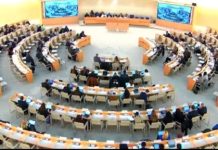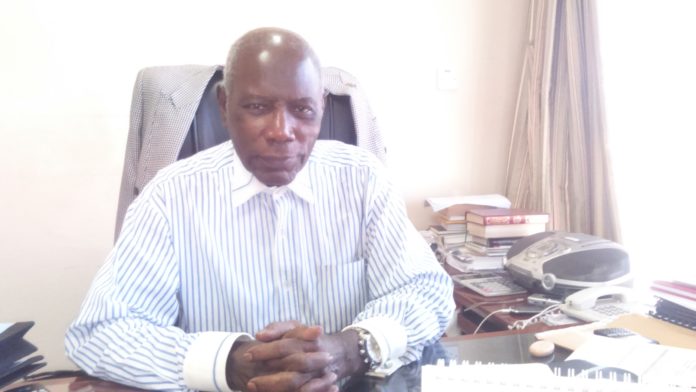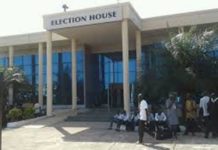The Chairperson of the National Independent Electoral Commission has on Wednesday said the next cycle of electoral activities cannot be efficiently conducted without the appropriate reforms in electoral laws.
Mr Alieu Momar Njie said: “The next cycle of electoral activities cannot be efficiently conducted without the appropriate reforms in electoral laws.”
Mr Njie said this during a validation meeting organized by the office of the Attorney General and Minister of Justice at the Kairaba hotel.
He added: “The need for electoral reforms cannot be under stated as has been the clarion call of many political actors in The Gambia. Due to gaps in the existing electoral laws particularly the Electoral Act, the need for electoral reforms is indeed imperative.”
He added that areas of concern in the electoral process include demarcation, registration of voters, nomination; campaign, political finance and media, voting and counting, declaration of election results, etc.
He said these areas listed above have direct bearings on the conduct of free, fair and transparent elections.
The IEC continues to make all efforts to build on the gains made in the past in order to establish a sound an enduring democratic culture based on the right of the citizenry to participate in the development of the country and to maintain at all times a free, fair and transparent electoral system, he added.
According to Njie, The Gambia had made important strides in opening up avenues for popular participation and representation. He said the gains made over the years can only be consolidated with the full and active participation of all and sundry in the electoral process, adding all previous cycles of elections were conducted successfully thanks to the unflinching support and cooperation of all stakeholders.
He added: “The Commission encouraged political plurality in line with the ideals of multi-party democracy as enshrined in section 26 of the Constitution of The Gambia (1997) and section 104 of the Elections Act. Currently, there are sixteen (16) registered political parties and the list may go on and on by all indications.”





















